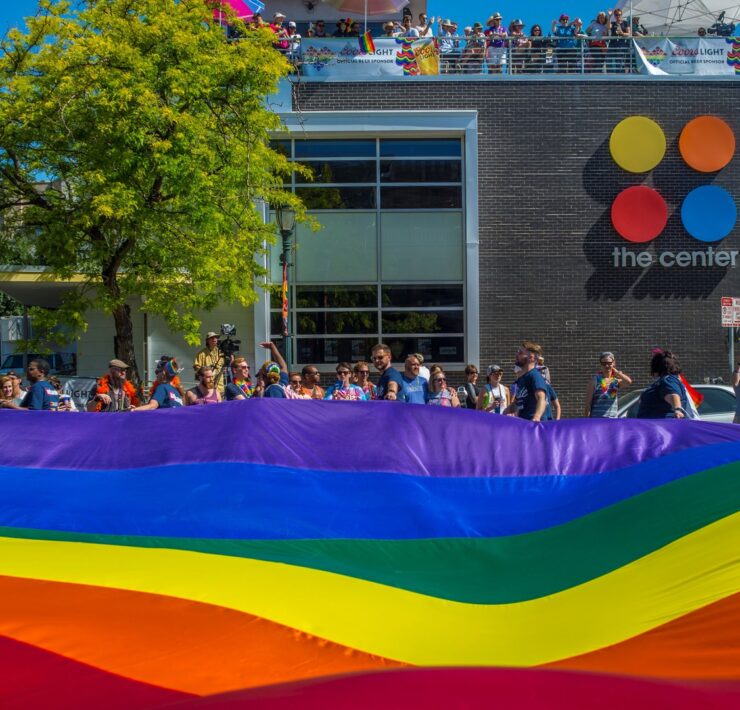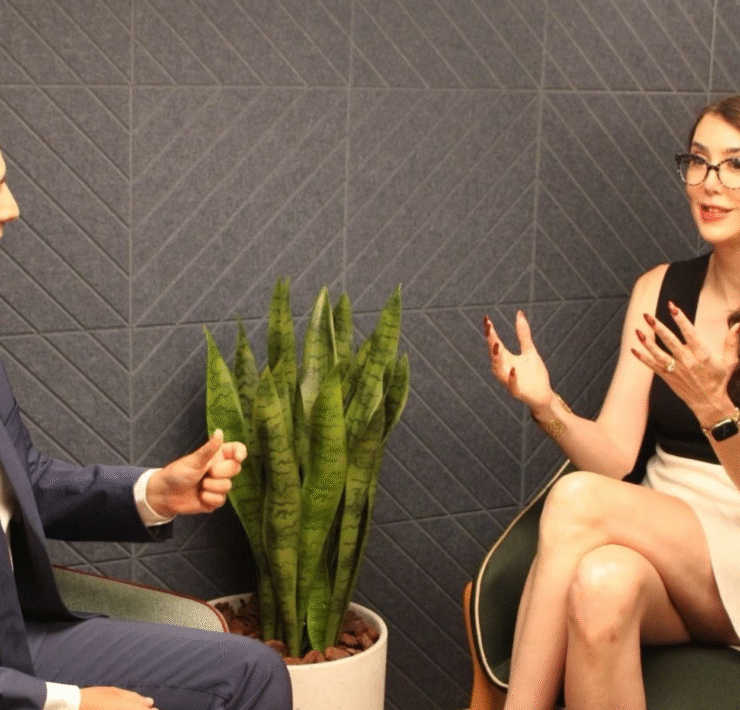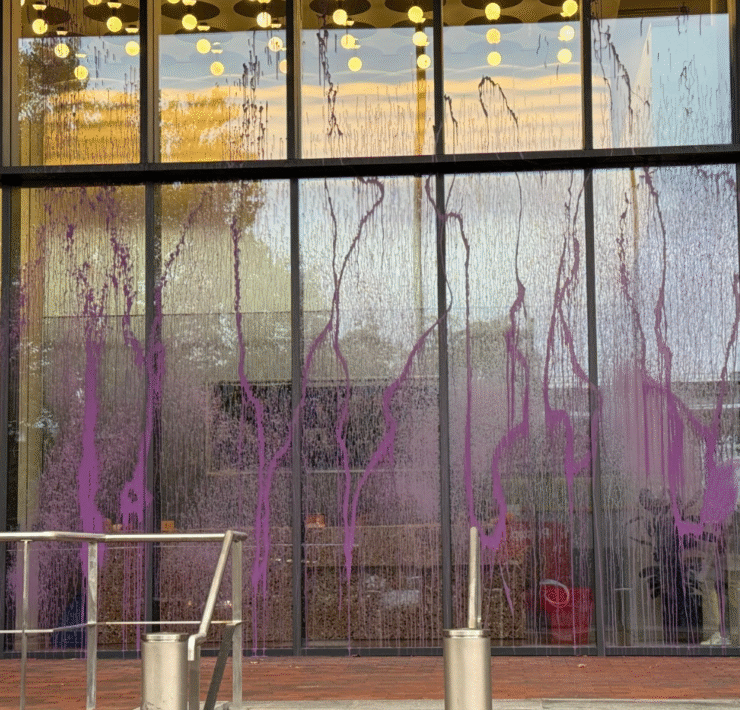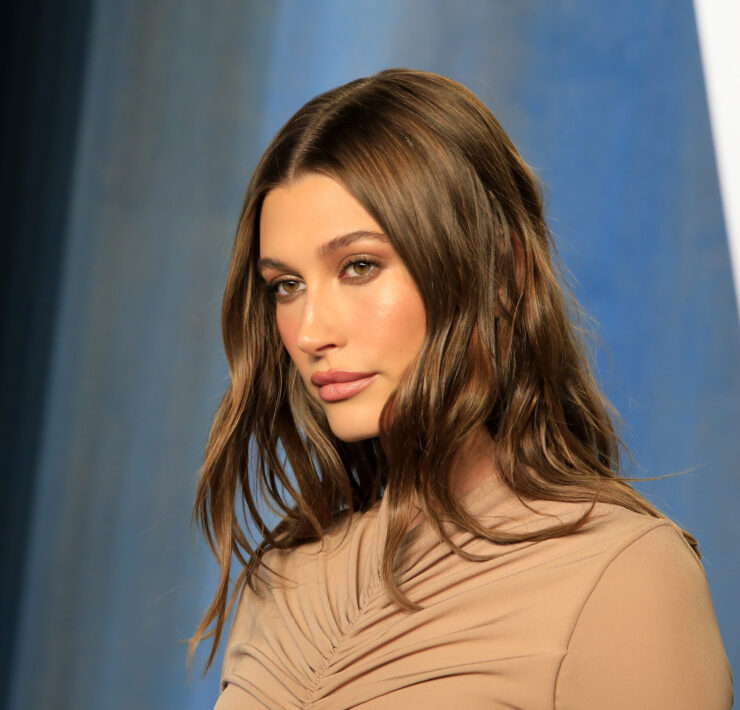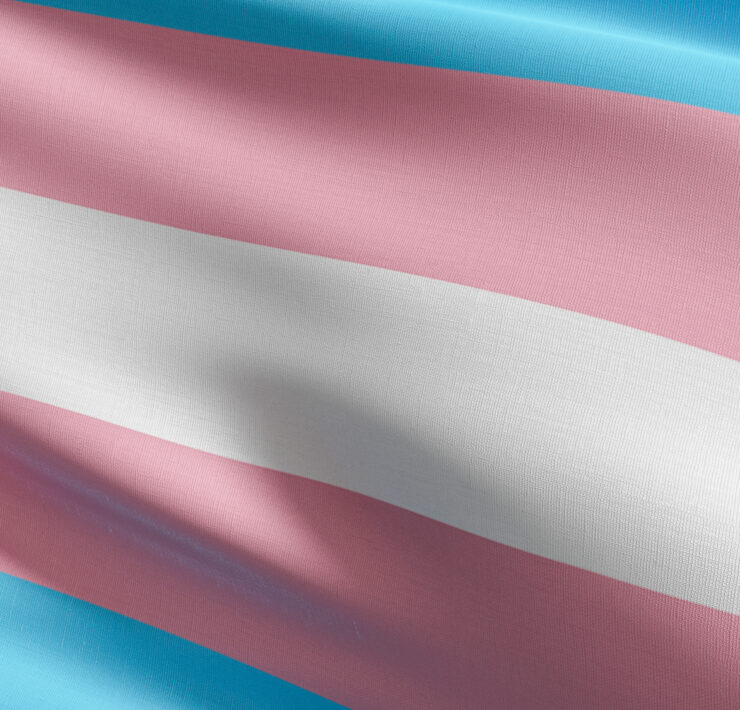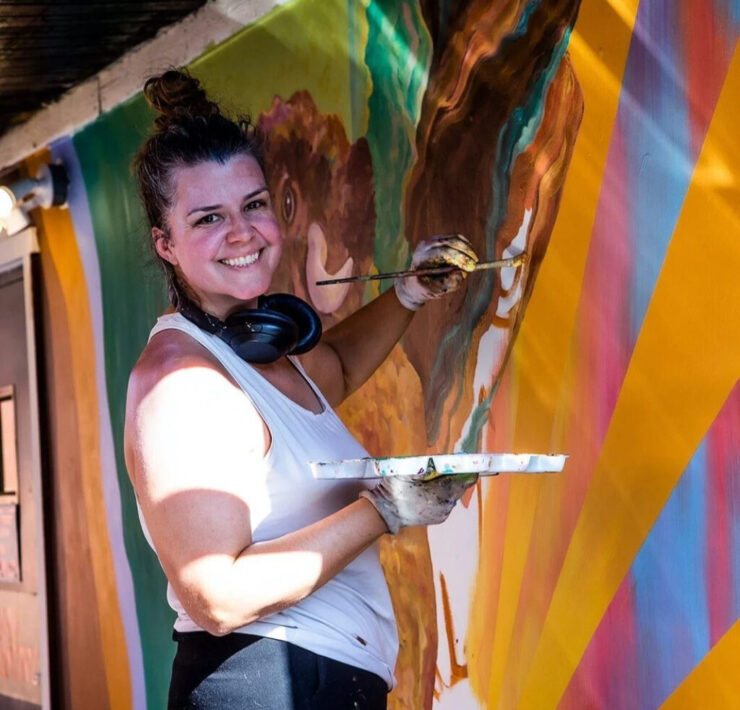OFC Panel Voices: ‘Does Pride accurately represent the LGBT community?’

OFC's panel is composed of Colorado LGBT community leaders, weighing…
OFC Panelists Brande Michaeu, Michael Carr, Courtney Gray and Jen LaBarbera weigh in on this weeks question:
Brande Michaeu:
From the perspective of an empowered Colorado black lesbian, who has worked in the community to include and paint a different picture of the black LGBT community, I can say with certainty and understanding that Pride does not accurately represent the entire LGBT community. Pride has shifted from the awakening of a community – and our outward, open and honest expression of who we are in our proudest moment – to a sensationalized event of stereotypes and caricaturized actions. While I understand the desire to express what has been repressed, of flaunting what once was the reason of taunting and toshout where there once was doubt, I do not feel Pride – the party – is something I can be fully proud of.
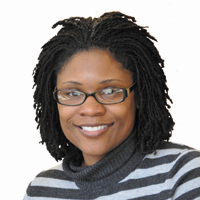
However, something I am proud of is Girlz Pushing the Button. Our organization is designed to mobilize Colorado’s black lesbian community toward transformation. We do not stand for the status quo or sit idly in the comfort of the shade of mediocrity. We celebrate the difference between what was and what is – perhaps this is the current state of Pride – but for the truest form of progress and acceptance we must be diligent in how we work for what will be. Thinking forward, it is time for the LGBT community to unite under a more inclusive banner, and in the spirit of the great social movements, we must march towards progress, not just a party.
Michael Carr
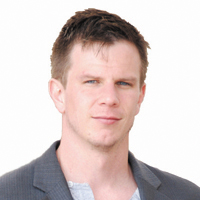
Pride does represent the LGBT community. I think it’s an important part of our collective history, although sadly few parade or festival-goers will know the significance of Pride and the often-associated parade. But on a brighter note it’s encouraging to see the growth of Pride events across the country. It’s encouraging to see more politicians, businesses, and straight allies taking part in Pride.
During this Pride season I challenge the media to paint a more diverse picture of the gay community. Sensational drag queens might make for a great photo op, but it’d be nice to get a few shots of “gay families” who are the more practical beneficiary of civil union protections. Every heart and mind we change makes it incrementally easier to win equality. The Pride season is the time of year our community gets the most media attention. Coming so soon off the heels of a defeat in the House, it’s be great to reinforce how diverse our community is, and really hit home to viewers who may not know anyone GLBT, who we are and why we deserve equal protection under the law. Maybe a few more hearts and minds would be changed if they took a look at us and realized that a lot of us, look a whole lot like them.
Courtney Gray
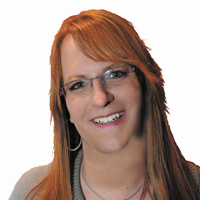
I love Pridefest! I love the seeing the diversity within our community in all its splendor at our annual party in Civic Center Park, and who doesn’t love a parade? The Pride festival is the third largest in the country and the parade is the seventh largest in the nation giving Denver a strong community base and annual attendance of 350,000.
I think that in many ways Pride is representative of the LGBT community, but in some ways, we, the PrideFest-goers, misrepresent ourselves. I know a great many folks who utilize Pride as their one day a year to be out, proud and LGBT. Wearing revealing clothes and getting sloppy drunk is, in my opinion, a good time. But I know very few folks in our community that dress and behave this way any other day of the year. So how does this represent our community on the evening news?
Everyone has the opportunity the other 363 days of the year to represent themselves, to get involved in the movement towards equality and visibility. Pride is our day: Our day to be out and proud in the public eye. But what will you do to represent the LGBT community the other 363? How will you get involved? How will you represent?
Jen LaBarbera
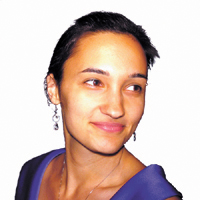
Not really – not yet – but it could, and Pride has gotten a little better at representing a fuller spectrum of the LGBT community over the years.
As a cisgendered gay lady, I felt out of place at the first Pride I attended in Washington D.C. in 2006. Despite being an enormous homo from Smith College, I didn’t feel like I was the “right kind” of gay; i.e. I had a vagina and identified as a woman, and the dykes I could relate to were far outnumbered by muscled men in speedos and chaps. While I appreciated the hip gyrations of these scantily-clad dudes, it didn’t feel like my Pride.
But at Denver Pride last year, I felt a sense of belonging that was missing back in 2006. Let’s be real; it was still a sausage-fest, but along with all of those “A-gays” – mostly white, affluent and well-educated gay men – I saw a lot of gay ladies, LGBT people of color, genderqueer folks, and trans* people. It felt like it was almost my Pride.
We’ve still got a long way to go. The corporate sponsorships, while financially understandable, make a lot of us feel exploited. PrideFest still caters primarily to that group of A-gays; see, for example, the prestigious – and mostly white dude – Pink Party. Unlike some well-loved non-Pride queer events (e.g. Damn Gurl), I still don’t see a lot of spaces where the T or Q parts of LGBTQ are represented.
Despite all this, I think we’re heading in the right direction. While we make our valid critiques of Pride, let’s remember that for some folks it’s still one of few opportunities they have to feel safe enough to be their whole selves.
OFC’s panel of local thought leaders weigh in week-to-week on issues affecting the LGBT community. Got a question for the panel? Submit it to matt.pizzuti@outfrontcolorado.com.
What's Your Reaction?
OFC's panel is composed of Colorado LGBT community leaders, weighing in on issues and questions that arise in the news, politics, media and culture. Got a question for the panel? Submit to matt@outfrontcolorado.com.



